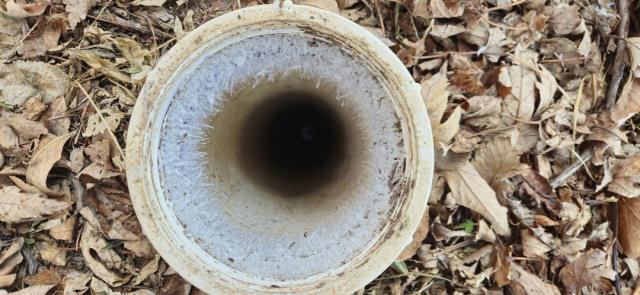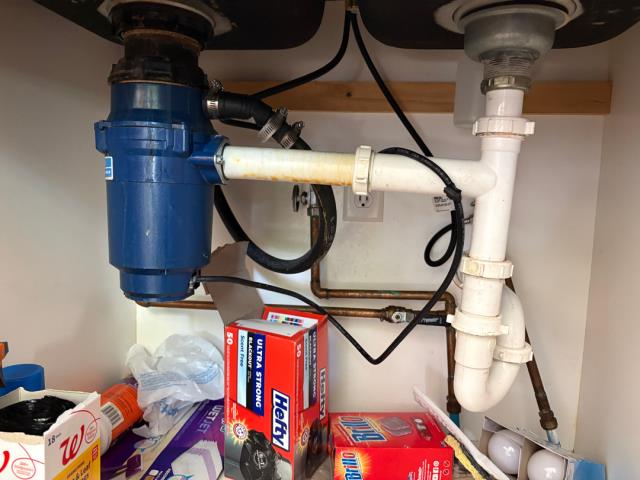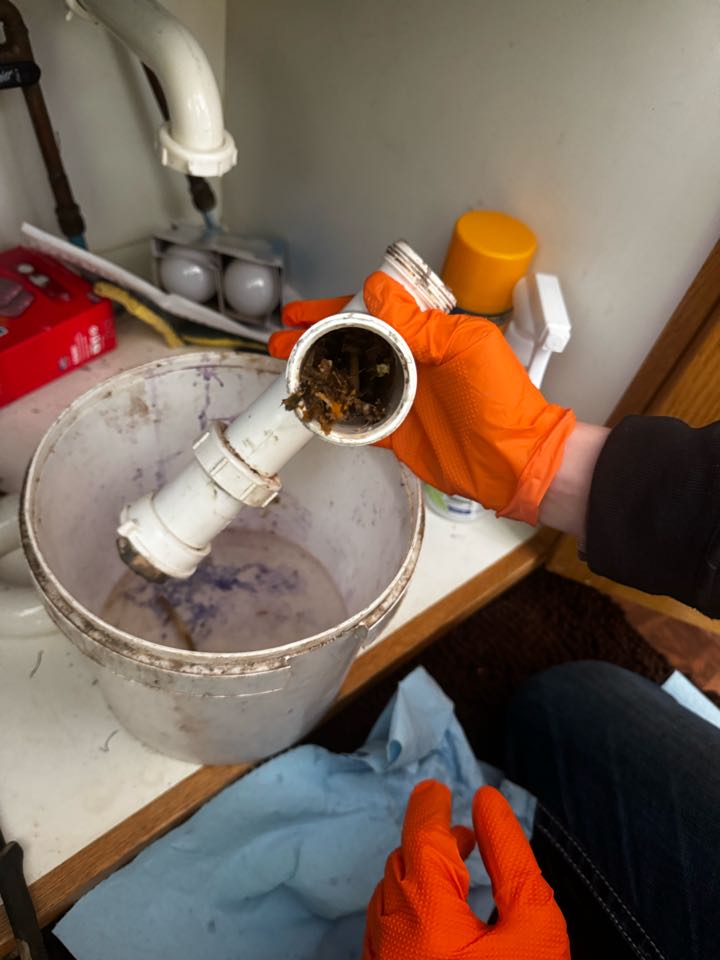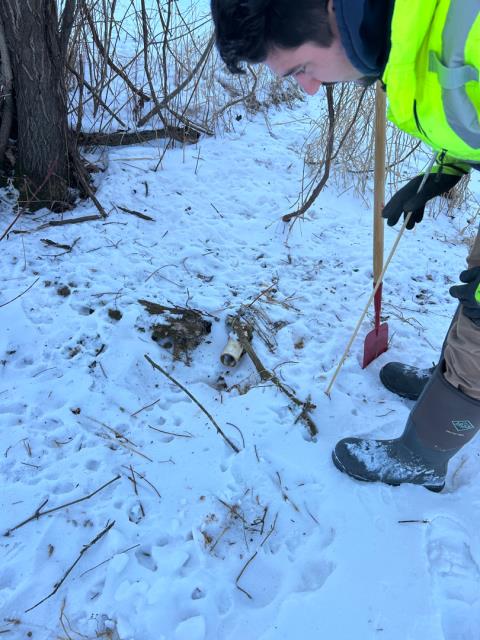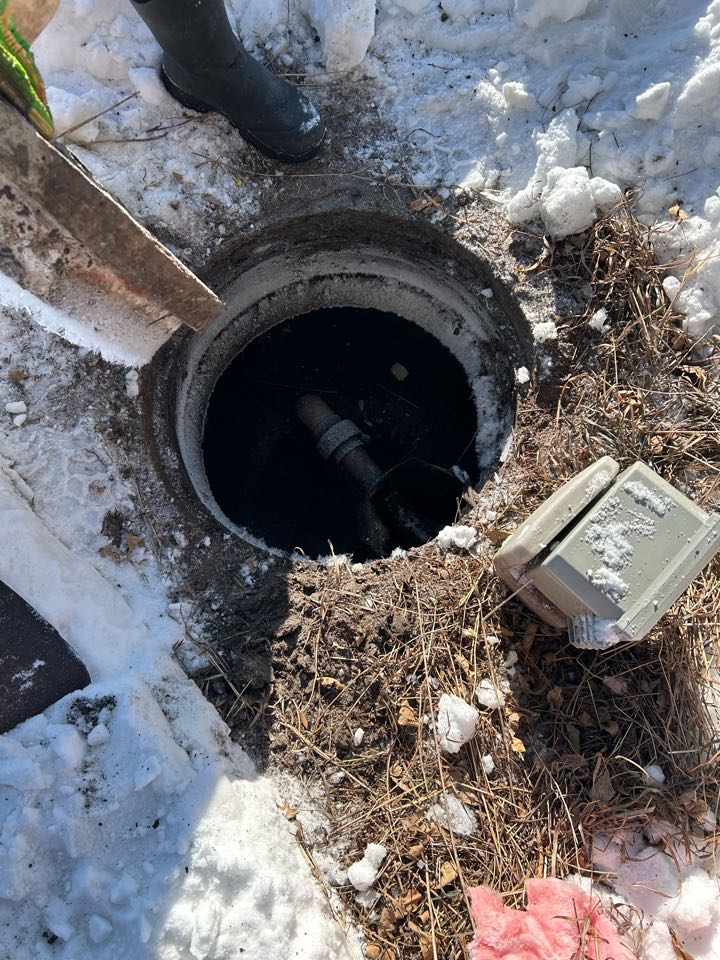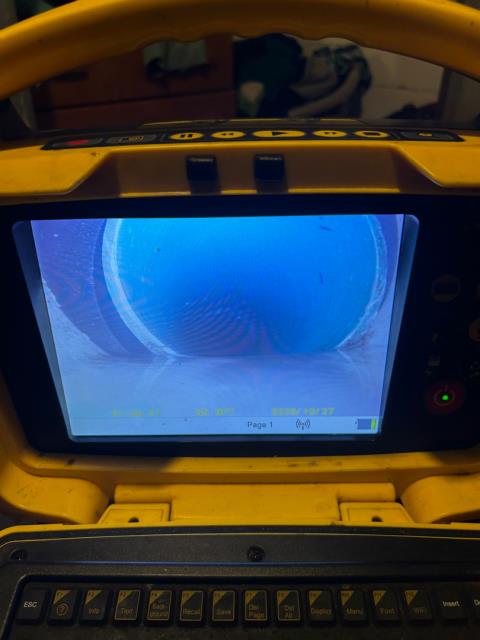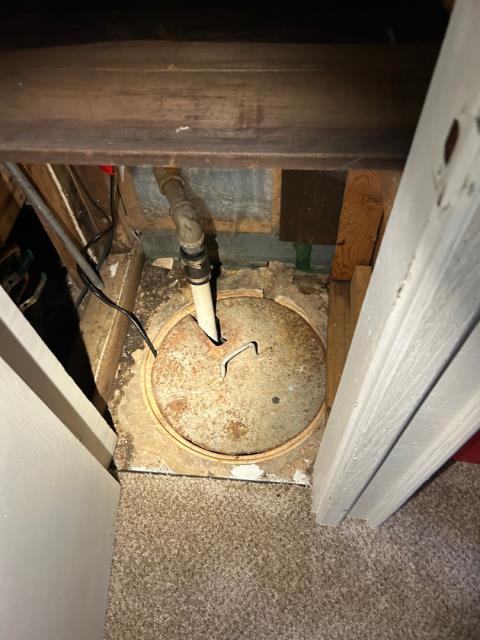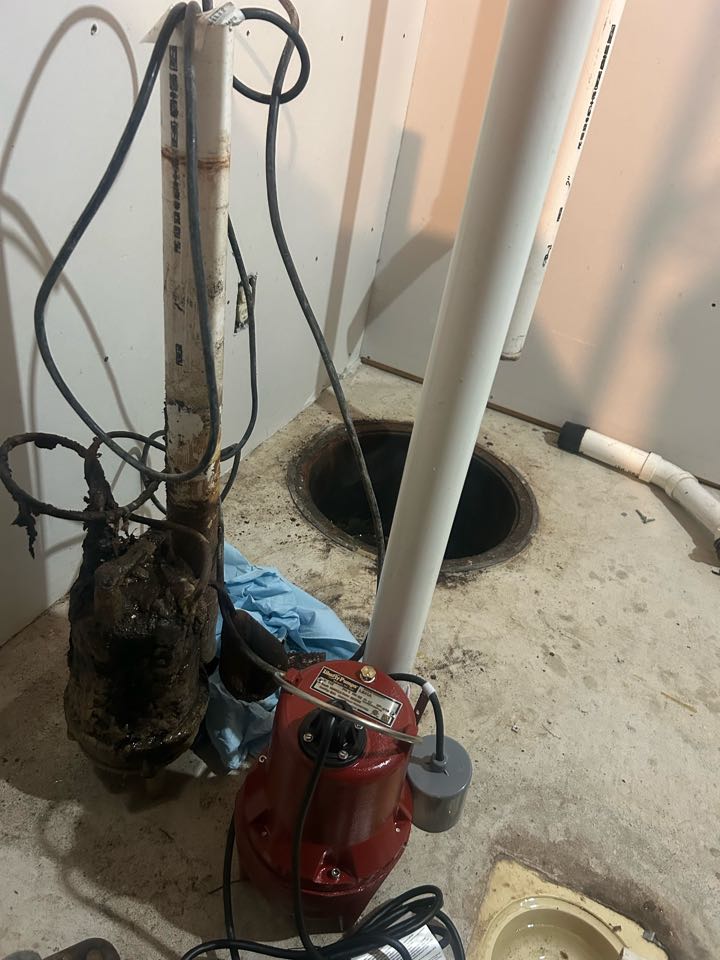What Are the Best Septic Installers Near You?
When searching for the best septic installers in your area, it is crucial to understand the specific challenges that local conditions may pose. For instance, certain regions may have unique soil types that affect septic system installation, while others might experience high water tables that can complicate drainage. It’s important to look for installers who are familiar with these local nuances, as they can provide tailored solutions to ensure your system functions effectively.
Additionally, consider factors such as online reviews, personal recommendations, and the installer’s qualifications. These elements can significantly influence your decision. Local expertise is vital, so seek out professionals who have a strong track record in your community. Pricing is another important aspect to consider; while you may not find specific rates listed, understanding the typical costs in your area can help you gauge what to expect when seeking quotes.
By examining these key factors, you can narrow down your options and find the right septic installer to meet your needs, ensuring a successful and efficient installation process tailored to your specific location.
Key Factors to Consider When Choosing a Septic Installer
When selecting a septic installer in your area, it’s crucial to consider several key factors that can significantly influence the success of your project.
First, examine their experience and qualifications, particularly with local regulations and installation practices, as these can vary widely depending on your specific location.
Next, evaluate their reputation by looking for reviews and testimonials from local customers to assess satisfaction levels.
In regions prone to specific environmental challenges, such as high water tables or rocky soil, it’s especially important to ask about warranties and guarantees, as these can help safeguard your investment against unforeseen issues.
Additionally, obtaining multiple quotes can be beneficial, ensuring that you receive competitive pricing while also allowing you to compare the services offered.
Lastly, effective communication is essential; opt for an installer who’s responsive and willing to address your concerns.
Top-Rated Septic Installers in Your Area
Finding top-rated septic installers in your area can significantly impact the success of your installation. Start by checking online reviews and ratings on platforms like Yelp or Google. These ratings reflect customer satisfaction and can help you identify reliable companies.
Additionally, don’t hesitate to ask friends and family for recommendations—they might’ve firsthand experience with trustworthy installers in your community.
In regions prone to heavy rainfall or flooding, it’s essential to choose installers familiar with local soil conditions and drainage challenges. Companies that have been in business for several years often demonstrate a commitment to quality service, which is especially important in areas with unique environmental considerations.
Ensure that the companies you consider are licensed and insured to protect yourself from potential liabilities.
It’s also wise to gather multiple quotes to compare the range of services offered. This not only helps you understand the market better but also allows you to assess which installers provide the best value for your specific needs.
With a bit of research, you’ll find the right septic installer to meet your requirements and give you peace of mind.
Questions to Ask Your Potential Septic Installer
How can you ensure that your septic installation runs smoothly? Start by asking your potential installer a series of important questions.
Begin by inquiring about their experience and qualifications. How long have they been operating in your area? This is crucial, as local soil types and regulations can significantly impact the installation process.
Next, request references from previous clients to assess their reputation within the community. It’s beneficial to hear from homeowners in your vicinity who’ve faced similar challenges.
Additionally, clarify what permits are necessary for your installation, particularly in regions where local health departments have stringent requirements, and ask if the installer will manage that process on your behalf.
Don’t overlook discussing warranties and what they specifically cover. Given the unique environmental factors in your region, it’s important to understand how these might influence the longevity and effectiveness of your system.
Confirm that the installer is well-versed in local regulations, which can vary widely depending on the area, and ensure they’ll provide a detailed written estimate that outlines the scope of work.
Lastly, inquire about their approach to handling unexpected issues that may arise during installation. In areas with challenging terrain or environmental considerations, having a proactive plan in place can save time and minimize complications.
Signs You Need to Replace or Repair Your Septic System
Even with a qualified installer, septic systems can face issues over time, particularly in areas where the soil is clay-heavy or prone to flooding.
If you notice foul odors around your yard, it’s a strong sign something is wrong. Additionally, with the frequent rain common in this region, pooling water or soggy spots in your lawn can indicate a malfunction.
Pay attention to slow drains in your home, as this can suggest a backup in the system, which may be exacerbated by the local soil conditions. Unusual patches of lush grass can also signal leaks in your septic tank, especially if they appear during dry spells when other areas are struggling.
If you hear gurgling sounds in your plumbing, it’s important to investigate further, as this may indicate air trapped in the system.
Finally, if your septic tank hasn’t been serviced in several years, consider scheduling an inspection. Ignoring these signs can lead to more severe problems, so it’s wise to stay proactive in maintaining your system, particularly in light of the unique challenges posed by the local environment.
Cost Considerations for Septic Installation and Repair
When it comes to septic installation and repair, understanding the costs involved is essential for homeowners. The total expense can fluctuate significantly based on various factors such as regional regulations, soil conditions, and the size of your property. In many areas, septic installation can be a considerable investment, while repairs can also add up depending on the extent of the issues.
Additionally, permits and inspections are often necessary, which can further affect the overall expenditure. Homeowners should take into account long-term maintenance costs as well, as proper upkeep can help avoid more significant repairs in the future.
For instance, certain regions may require more frequent maintenance due to stricter environmental regulations or specific soil types that can impact system performance. Obtaining multiple quotes from local installers can provide a clearer understanding of the costs tailored to your specific situation.
Investing time in thorough research not only helps in making informed decisions but can also lead to substantial savings and fewer complications down the line.
Conclusion
Selecting the right septic installer is crucial for ensuring a seamless installation or repair process, especially in areas where soil conditions and local regulations can pose unique challenges. In regions with clay-heavy soil, for instance, proper drainage can be a significant concern, making it essential to choose an installer familiar with these specific conditions. By considering factors such as customer reviews, referrals from neighbors, and the installer’s qualifications, you can make a knowledgeable choice.
Don’t hesitate to ask questions about their experience with local regulations and soil types, as well as request estimates to find a service that aligns with your needs. Being proactive about your septic system is key; recognizing early signs of issues can help maintain your home’s efficiency and safeguard your investment for the long term.

